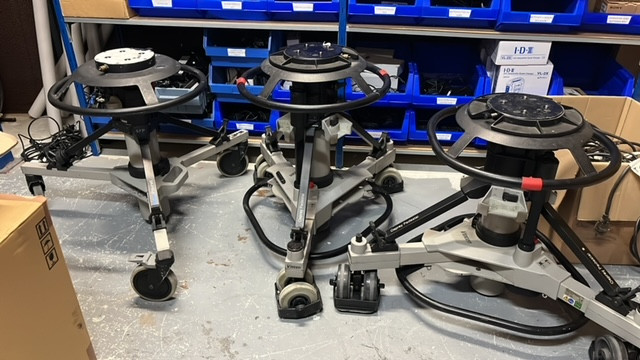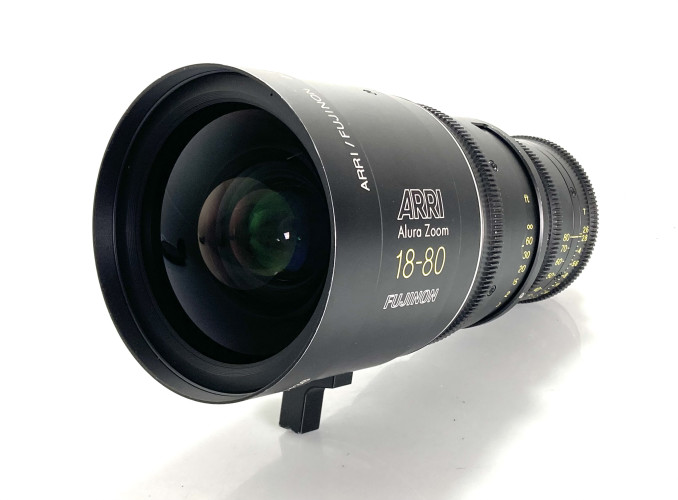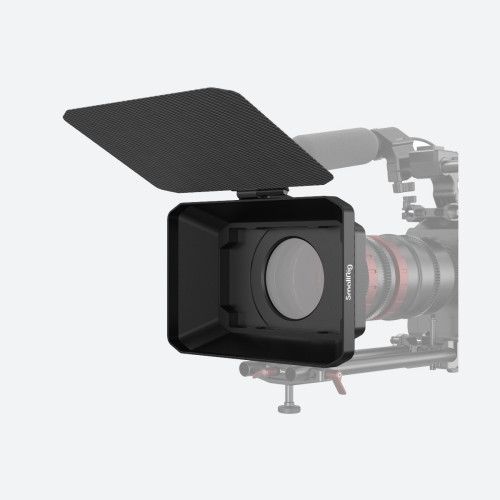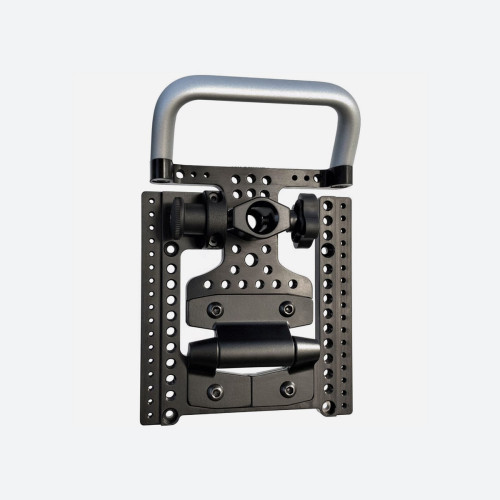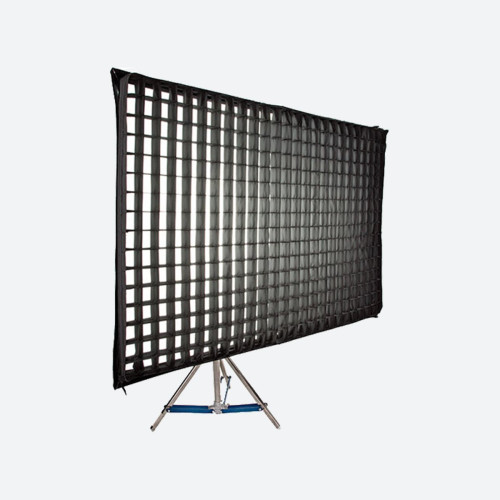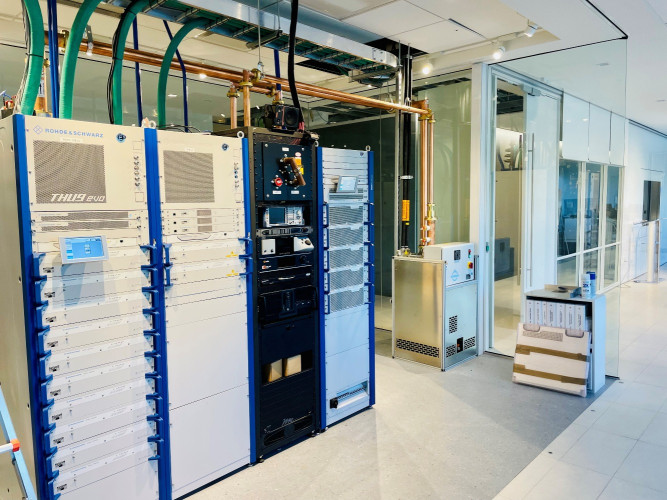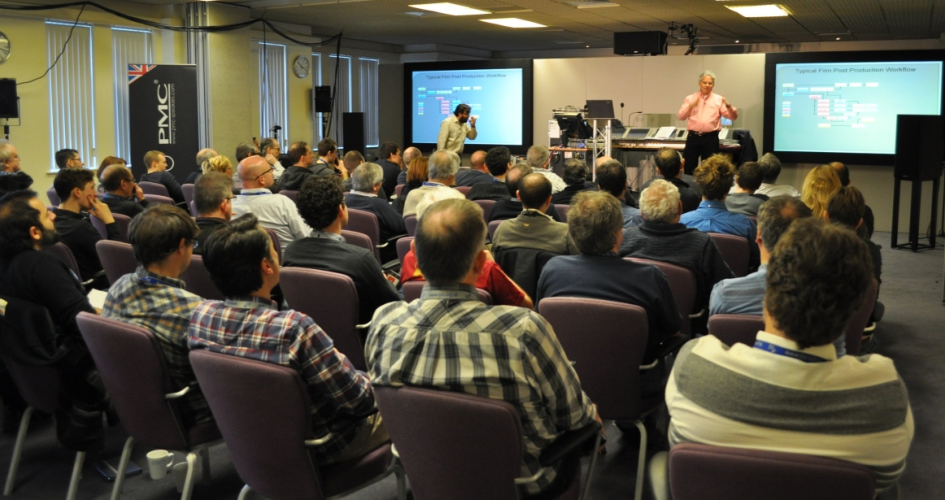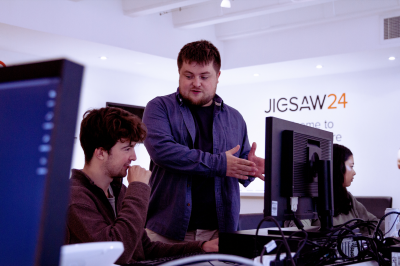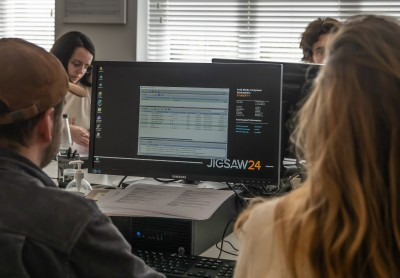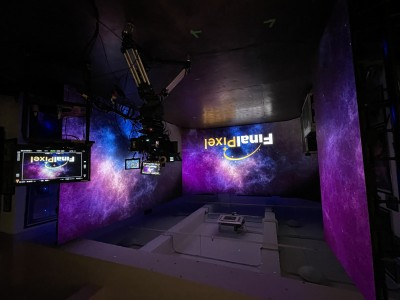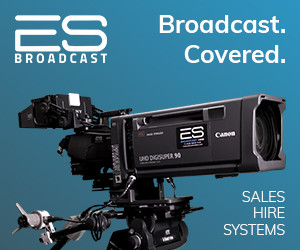So why bother with training?

Author: Bob Pank#
Published 1st February 2012
Joseph Turner, the famous British painter (1775 to 1851) studied at the Royal College of Art from 1789 until his first exhibition at the Academy in 1793. Rembrandt (1606 to 1669) studied first with the famous painter Jacob van Swanenburgh and then with Pieter Lastman. Young talented artists need guidance from experienced and talented teachers to help them to mature and develop their skills and techniques.
Today if you are a talented painter you can still go and study at The Royal College of Art, but if you are a talented young director or DoP where can you go to learn your skills?
These days you can go to Dixons and buy a camera for around £1,500 which produces great pictures. Turn it on and hey, you are a cameraman. You can get an editing software package for your lap top for under £1k and you can become an editor. So for under £2,500 you can produce and edit great looking HD pictures – and an iPhone can do both! (Mark Brown article TV-Bay November)
So why bother with training?
There are thousands of young people who are very enthusiastic and want to work in the industry but have no little or no training but are attracted to the glamour, excitement and 'high pay'.
There is an advert for a book on becoming a successful cameraman which says: 'Launch your amazing career as a cameraman today and start making upwards of $70k a year doing something you love'. Of course it’s American but many young people in the UK also aspire to work in the industry because of the belief of high pay and working with stars.
Many painters in the past whose paintings are now sold for millions died in near poverty. And now in the programme production industry only a small percentage of people earn high salaries.
So why am I writing about painters? Because I think there is now so much talk in publications, like TV-Bay, that are about the hardware, new cameras, monitors, etc., that it can seem that if you have the latest camera or edit system that's all you need to make great programmes. The 'art' seems to have become very much less important then the hardware. On of these young enthusiastic people said recently how much she had enjoyed editing a three camera music video but knowing how a editing package works does not make you an editor. How can they learn about the 'grammar' of picture editing – something audiences feel when it is ‘right’? - just as knowing how a camera works does not make you a cameraman.
Talented people know how to make great pictures and programmes because the creativity comes from the soul, so I don't think you can teach creativity but creative people do need to be nurtured in skills and technique as did the young Joseph Turner.
How and where can this be done?
At Ravensbourne College it takes me a morning to explain to the students how a studio camera pedestal works but it will take about 2 years of using one to become any good at it.
How will these students get this experience?
It's worrying that I often meet other cameraman who have no idea how to operate a studio “ped”. As many programmes are made in studios using pedestals often used by operators who were trained by the BBC or ITV but when they retire who will be left to operate this equipment and how will the new operators be trained?
I have great respect for boom operators as well, but I know of no training for this very specialised sound skill. Using radio mics alone is not the same because of the lack of sound perspective.
I see badly exposed and framed pictures on TV, why? Are the operators not trained, don't they know how to expose and frame properly? Who taught them and more to the point who booked them?
Cameras no longer need engineers to maintain them, VT machines no longer need a whole room to house them, so it has become a belief, especially by producers, that anybody can use them. Training is very often considered no longer necessary as the equipment is easy to use and because of all the keen people eager to work in the industry at any price where there is always somebody willing to run off with a camera and work with very little training and often for little, if any, money.
I know I have written mainly about camera work because I’m a busy working Trainer and Lighting Cameraman/Lighting Director but a lack of training concerns me in all craft skills. It used to be that after people trained in the BBC they went and worked for commercial companies. Then they were very employable because they had recognisable skills as BBC trained people. But now....?
British craft skills mustn’t be allowed to drop because our best TV programmes – like the best American shows - sell around the World. For now.



